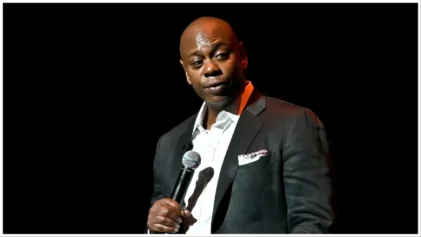For the first time in almost 40 years, Egypt’s military launched an airstrike against the Sinai Peninsula, in response to an attack by Islamist extremists three days ago. That attack claimed the lives of 16 Egyptian soldiers, and threatened the country’s border with Israel, as well as the status of its new president.
The Egyptian air raid focused on a Bedouin settlement in Sinai, leaving about 20 dead.
Hours after the Egyptian air force struck back at extremists near the boarder, the government announced that three high-ranking officials had been stripped of their posts due to the handling of Sunday’s attack, the most violent act committed against Egyptian soldiers since the Camp David peace agreement with Israel was put in place in 1979.
Egypt’s newly elected president Mohammed Morsi said that he had forced Murad Muwafi, his director of general intelligence services, into retirement, and dismissed the governor of Northern Sinai, Abdel-Wahab. These decisions are likely a show of power from the president, who will need to maintain his authority through rising tensions in the region. According to the Egyptian constitution, Morsi has no say over military matters. The head of Egypt’s military police, Hamdy Badeen, was removed from his post by the head of Egypt’s military council, Field Marshal Mohammed Tantawi.
The strikes on the Sinai Peninsula are the first since 1973, when the country was at war with Israel. The The quick escalation of the Egyptian military shows that the country is taking the events of the last week and the potential threat of domestic extremists seriously. In the initial wake of the attacks, Morsi was rarely visible, as he has limited influence in security matters, and was forced to secure his own safety. He made just a 25-minute appearance at the site of the attack, and did not attend the soldier’s funeral on Monday.
Morsi’s Prime Minister, Hesham Kandil, was attacked by angry spectators when he attempted to attend the funeral, and was forced away. Eric Trager, a fellow at the Washington Institute for Near East Policy, told the Miami Herald that the firings were “Morsi’s way of looking authoritative even though he has very limited influence over the Sinai and the security situation more generally.”
Morsi took office in June, and as the country continues to turn over from the regime of Hosni Mubarak, he has focused on domestic issues rather than international endeavors. However, the attacks create a firm divide in the newly elected president’s politics. Morsi was elected underneath the banner of the Muslim Brotherhood’s Freedom and Justice Party, a group that is traditionally very critical of the country’s 1979 peace agreement with Israel. Since his election Morsi has vowed to abide by the agreement, but Brotherhood members are currently blaming the Israelis for the attack.
“What is most politically explosive about this is that the Muslim Brotherhood does not want to touch foreign policy, but instability will force them to do so and particularly force them to deal with Israel,” Trager said.
Since the fall of Mubarak’s regime, the Sinai Peninsula has fallen largely under the control of Islamists groups, including al Qaida. Extremist activity in the region has skyrocketed, as the groups have promised a larger scale campaign against Israel, with Egyptian security forces caught in the middle.


